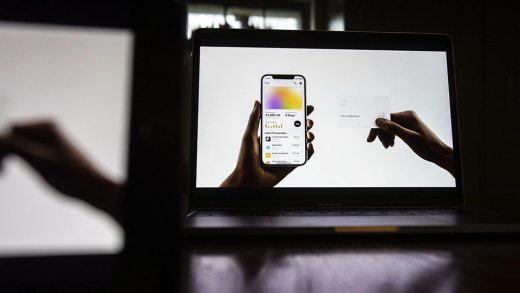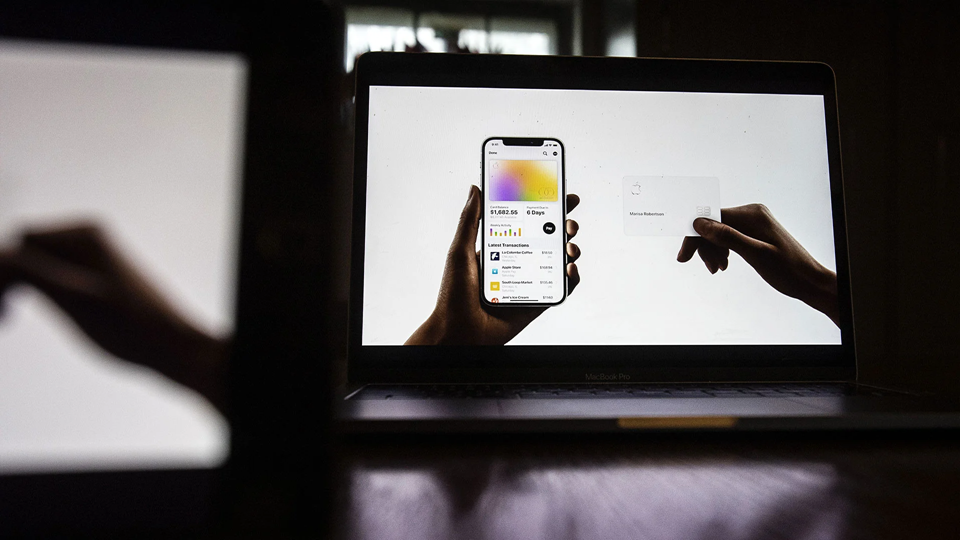Apple and Goldman Sachs were ordered to compensate you for the Apple Card debacle. Here’s what to know
Apple and Goldman Sachs were ordered to compensate you for the Apple Card debacle. Here’s what to know
The companies must pay more than $89 million in penalties after regulators found they mishandled customer disputes and misled consumers about interest-free payments.
The Consumer Financial Protection Bureau (CFPB) has ordered Apple and Goldman Sachs to pay more than $89 million in penalties on behalf of hundreds of thousands of Apple Card users, for mishandling customer disputes and misleading customers about payment options for Apple devices.
“Apple and Goldman Sachs illegally sidestepped their legal obligations for Apple Card borrowers,” said CFPB Director Rohit Chopra. “Big Tech companies and big Wall Street firms should not behave as if they are exempt from federal law . . . The CFPB is banning Goldman Sachs from offering a new consumer credit card unless it can demonstrate that it can actually follow the law.”
Of that $89 million, the CFPB is ordering Apple to pay a $25 million civil money penalty to the bureau’s victims relief fund. Goldman Sachs is ordered to pay a $45 million civil money penalty and at least $19.8 million in redress to victims for its role in marketing, offering, and servicing the Apple Card.
“We are pleased to have reached a resolution with the CFPB,” Goldman Sachs said in a statement to Fast Company. “We worked diligently to address certain technological and operational challenges that we experienced after launch and have already handled them with impacted customers.
This is more bad news for Goldman, which had already ended its partnership on the Apple Card as its consumer business faces losses in excess of $6 billion. (According to the Wall Street Journal, JPMorgan Chase is now considering taking over the Apple Card business.)
Fast Company also reached out to Apple for comment.
What exactly did Apple and Goldman Sachs do wrong?
The regulatory action follows a finding that the companies’ practices violated federal consumer protection laws.
Here’s what the CFPB found:
- Apple failed to send tens of thousands of consumer disputes of Apple Card transactions to Goldman Sachs, and when Apple did send disputes to Goldman Sachs, the bank did not follow numerous federal requirements for investigating the disputes.
- Apple and Goldman Sachs launched Apple Card despite third-party warnings to Goldman Sachs that the Apple Card disputes system was not ready due to technological issues.
- These failures meant that consumers faced long waits to get money back for disputed charges, and some had incorrect negative information added to their credit reports.
The CFPB also found that Apple and Goldman Sachs misled consumers about interest-free payment plans for Apple devices. Many customers thought they would automatically get interest-free monthly payments when buying Apple devices with their Apple Card. Instead, they were charged interest. In some cases, Apple did not even show the interest-free payment option on its website on certain browsers.
According to the CFPB, Goldman Sachs also misled consumers about the application of some refunds, which led to consumers paying additional interest charges.
I have an Apple Card. How will this action affect me?
The order against Apple requires the tech company to pay a civil money penalty of $25 million, which will be paid into the CFPB’s victims relief fund, the Civil Penalty Fund.
According to the Civil Penalty Fund’s website, you could be eligible to receive a payment through the fund if you “were harmed by an unlawful activity where a fine was imposed in a CFPB case,” and you “won’t otherwise receive full compensation from the wrongdoer.”
However, payments from the Civil Penalty Fund depend on the amount of money available in the fund as well as other factors.
Details about the distribution do not appear to be available yet.
ABOUT THE AUTHOR
(12)



